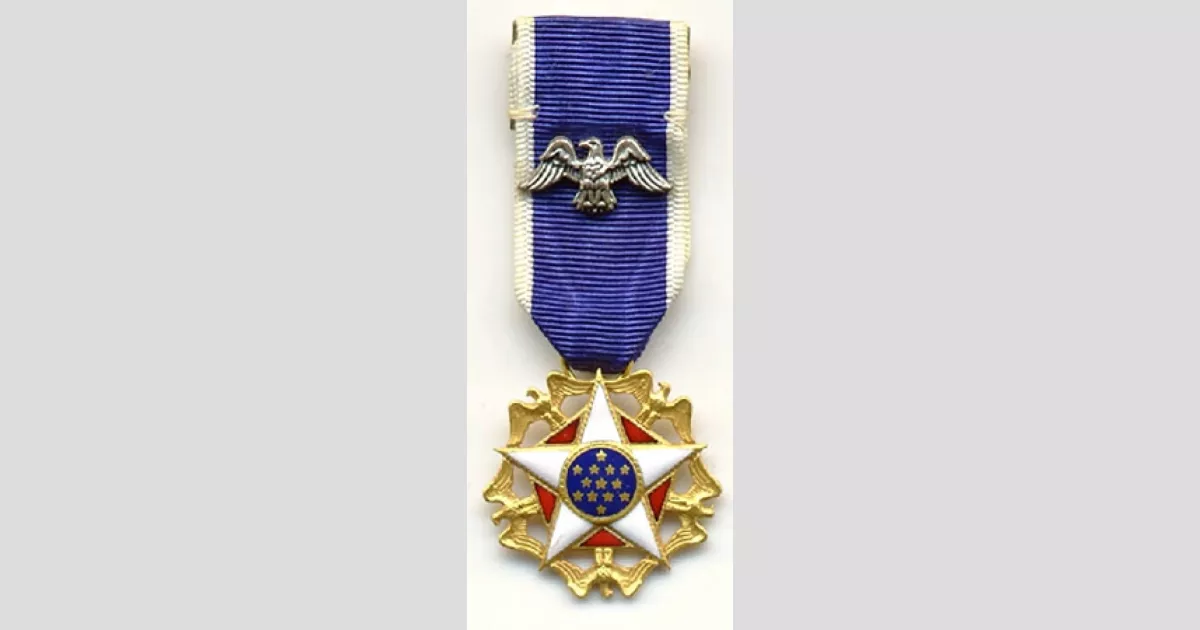The Presidential Medal of Freedom is the highest civilian award in the United States, along with the Congressional Gold Medal. Established in 1963 by President John F. Kennedy, it recognizes individuals who have made significant contributions to the security or national interests of the U.S., world peace, or notable public or private endeavors. The award can be given to anyone, including non-U.S. citizens and military personnel, and it can be worn on a military uniform. This medal replaced the Medal of Freedom, which was created by President Harry S. Truman in 1945 to honor civilian service during World War II.
1945: Establishment of the Medal of Freedom
President Harry S. Truman established the Medal of Freedom in 1945 to recognize civilian service. This award would later be superseded by the Presidential Medal of Freedom.
February 22, 1963: Formalization of the Presidential Medal of Freedom
President John F. Kennedy signed Executive Order 11085, formally establishing the Presidential Medal of Freedom with its own insignia, purpose, and prestige, on February 22, 1963.
1963: Establishment of the Presidential Medal of Freedom
In 1963, President John F. Kennedy established the Presidential Medal of Freedom, the highest civilian award in the United States.
1964: Murders of Chaney, Goodman, and Schwerner
Civil rights workers James Chaney, Andrew Goodman, and Michael Schwerner were murdered in 1964.
2001: Years without Awarding the Medal
The Presidential Medal of Freedom was not awarded every year since its inception. For example, it was not awarded in 2001.
2010: Years without Awarding the Medal
The Presidential Medal of Freedom was not awarded every year since its inception. For example, it was not awarded in 2010.
2014: Posthumous Award to Chaney, Goodman, and Schwerner
In 2014, fifty years after their murders, James Chaney, Andrew Goodman, and Michael Schwerner were posthumously awarded the Presidential Medal of Freedom.
2017: President Obama's Statement on "with Distinction"
In 2017, President Barack Obama stated that receiving the Presidential Medal of Freedom "with distinction" indicates "an additional level of veneration" for the recipient.
June 2024: Current Status of the Medal with Distinction
As of June 2024, the Presidential Medal of Freedom has been awarded "with distinction" at least 55 times, representing roughly 8% of all awards.
Mentioned in this timeline

Barack Obama the th U S President - was the...

John F Kennedy JFK was the th U S President...
Trending

14 minutes ago Scott Galloway's 'Unsubscribe' Movement: A Fantasy? Boycott Against Tech Giants Gaining Traction

14 minutes ago Miami Dolphins unlikely to trade Tua Tagovailoa amidst quarterback drafting considerations.

15 minutes ago USA Dominates Sweden, Secures Spot in Women's Ice Hockey Final at Olympics

15 minutes ago Laila Edwards: A Cleveland Star Soars in US Hockey, Embracing History, Blazing Trails.

15 minutes ago Abbey Murphy's hit on Emma Söderberg sparks outrage during Sweden's game.

4 months ago Jannik Sinner Dominates, Reaches Paris Masters Final, Eyes No. 1 Ranking Return
Popular

Kid Rock born Robert James Ritchie is an American musician...
Randall Adam Fine is an American politician a Republican who...

Pam Bondi is an American attorney lobbyist and politician currently...

Barack Obama the th U S President - was the...
The Winter Olympic Games a major international multi-sport event held...

XXXTentacion born Jahseh Dwayne Ricardo Onfroy was a controversial yet...
